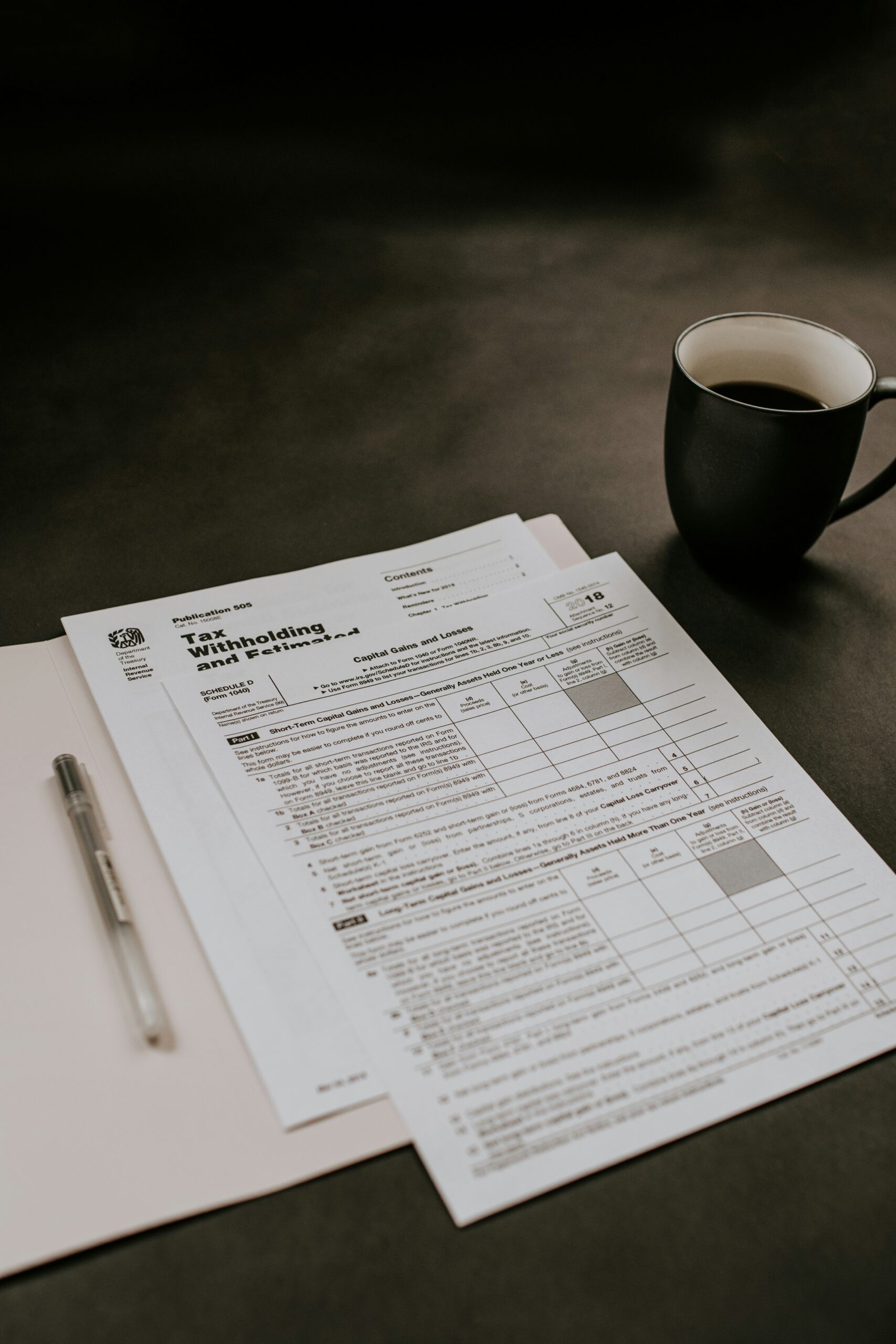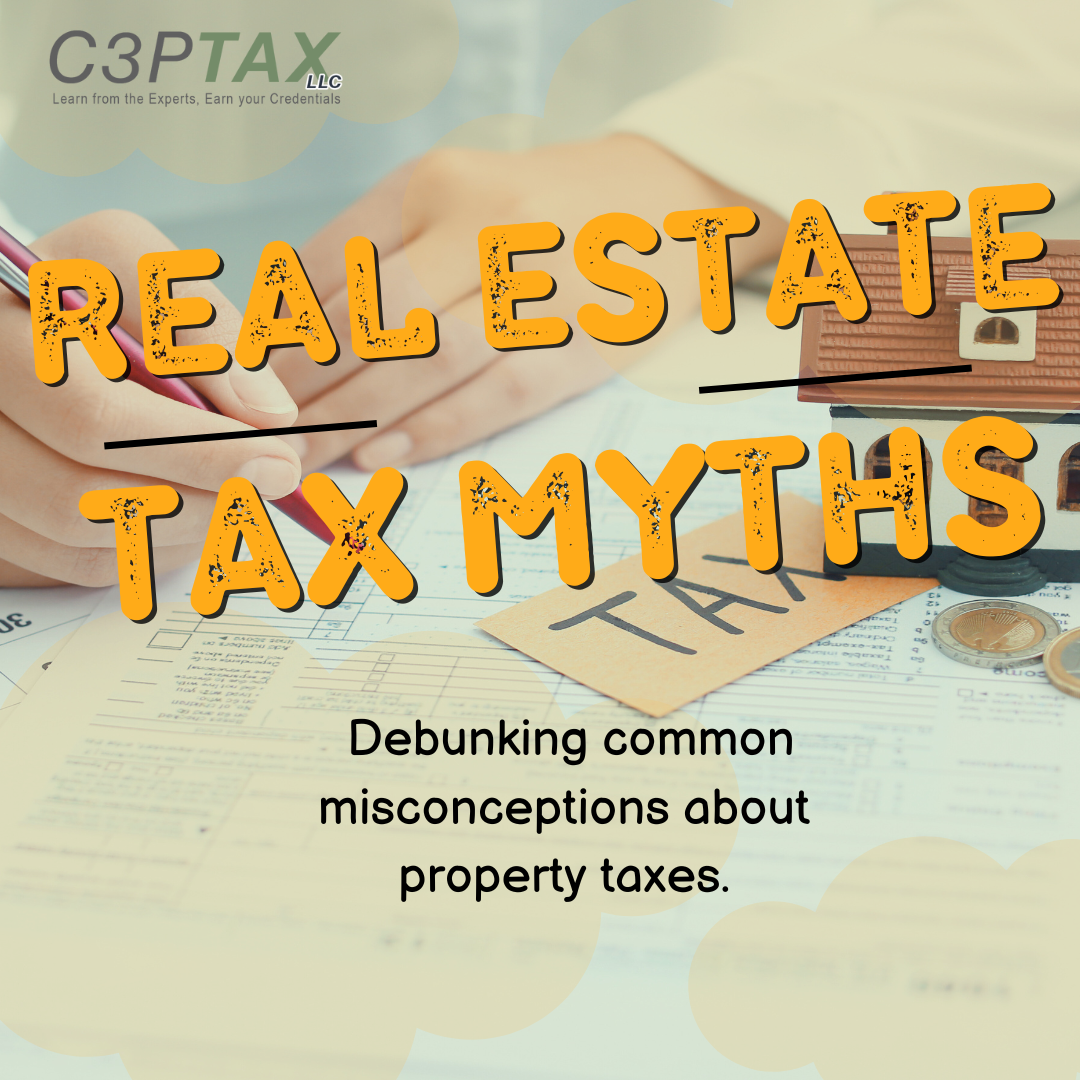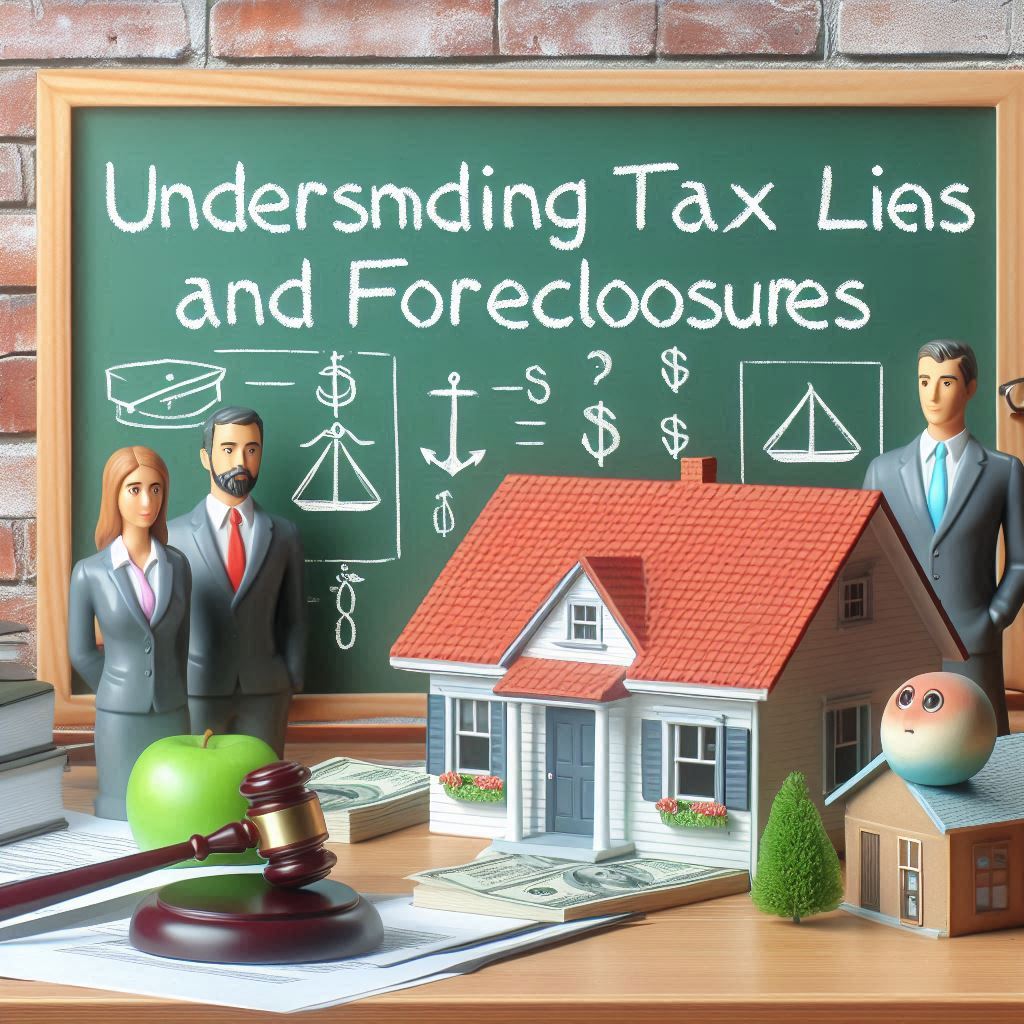

How Property Taxes Are Assessed
Property taxes are a critical source of revenue for local governments, funding essential services such as schools, roads, and emergency services. The property tax assessment process is a systematic approach to determining the value of a property, which then serves as the basis for calculating the amount of tax owed by the property owner.
The first step in the property tax assessment process is conducted by the assessor’s office. The assessor is responsible for evaluating all properties within a particular jurisdiction. The assessment aims to establish a fair market value for each property, ensuring that property taxes are distributed equitably among property owners. Assessors use several methods to determine property value, including the market approach, the cost approach, and the income approach.
The market approach involves comparing the property in question to similar properties that have recently been sold in the area. This method is commonly used for residential properties. The cost approach calculates the cost to replace the property, accounting for depreciation. This method is often applied to newer properties or specialized buildings. Lastly, the income approach assesses the value based on the income the property generates, typically used for commercial properties.
The timeline for property assessments varies by jurisdiction, but reassessments generally occur on a regular schedule, such as annually or biennially. The frequency of reassessments ensures that property values remain current with market conditions. Once the assessor has determined the value of a property, the property owner is notified of the assessment. This notification includes details on how the assessment was calculated and the resulting property tax liability.
If a property owner believes their assessment is incorrect, they have the right to appeal the assessment. The appeal process typically involves submitting a formal request for review and providing evidence to support a different valuation. The assessor’s office will then re-evaluate the property and make any necessary adjustments.
In summary, the property tax assessment process is a vital mechanism for funding local services. By understanding how property taxes are assessed, property owners can better navigate the assessment process and ensure their property is fairly evaluated.
Factors Influencing Property Valuation
Property valuation for tax purposes is a multifaceted process influenced by a variety of factors. Key among these are market conditions, which play a crucial role in determining property values. The real estate market is dynamic, and recent sales of comparable properties, often referred to as “comps,” provide a benchmark for assessing value. When similar properties in the vicinity sell at higher prices, this can lead to an increase in assessed values for neighboring properties. Conversely, a decline in market prices can result in lower property valuations.
The physical characteristics of a property are also essential in its valuation. Elements such as the size of the property, its age, and overall condition are critical considerations. Larger properties generally have higher values, though this is moderated by the age and condition of the structure. Older homes might have lower valuations unless they have been significantly renovated or maintained in excellent condition. Improvements or renovations, such as updated kitchens, bathrooms, or additional living spaces, can substantially increase a property’s value by enhancing its functionality and aesthetic appeal.
Location is another pivotal factor in property valuation. Neighborhood desirability, often influenced by factors such as proximity to amenities like shopping centers, parks, and public transportation, can significantly affect property values. Properties situated in highly-rated school districts tend to have higher valuations due to the premium placed on quality education. Additionally, safe neighborhoods with low crime rates are more appealing, thus driving property values upward.
External factors also play a role in property valuations. Economic trends, such as employment rates and inflation, can impact market stability and property values. Zoning changes can either enhance property value by allowing more lucrative uses or decrease it by imposing restrictions. Environmental conditions, including susceptibility to natural disasters or changes in local climate, can also influence property valuations. For example, properties in flood-prone areas may see decreased values due to higher insurance costs and potential damage risks.
Understanding these factors can provide property owners with insights into why their property tax assessments may increase or decrease. By staying informed about both the internal characteristics of their property and the external market conditions, property owners can better anticipate changes in their property valuations.
 Français
Français 

















